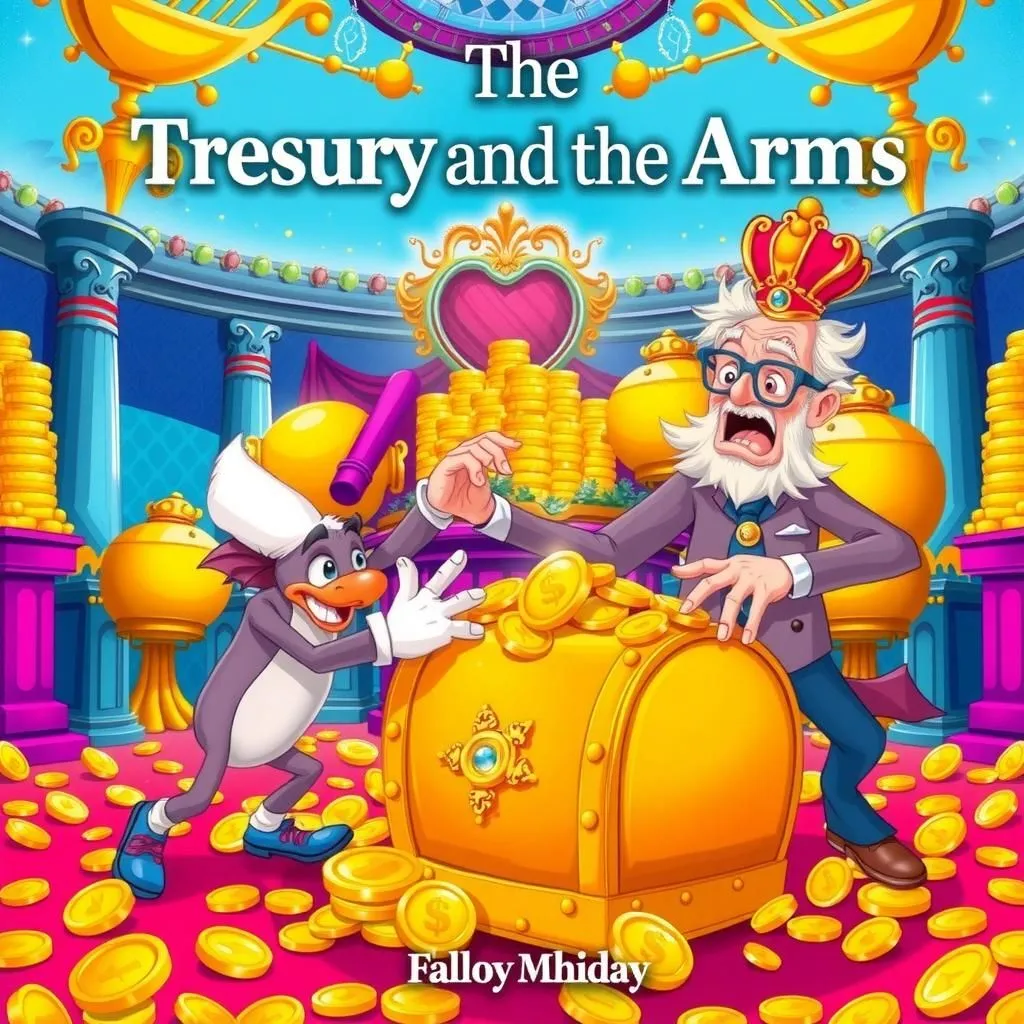
The Shadow of the Leader
In "The Shadow of the Leader," a political leader is taken aback when his shadow unexpectedly detaches and races away. When he calls it back, the shadow cleverly retorts that if it were truly a scoundrel, it wouldn't have abandoned him, cleverly reflecting on the leader's own questionable character. This funny story with moral echoes themes found in popular moral stories, reminding us that our actions often reveal our true selves.


